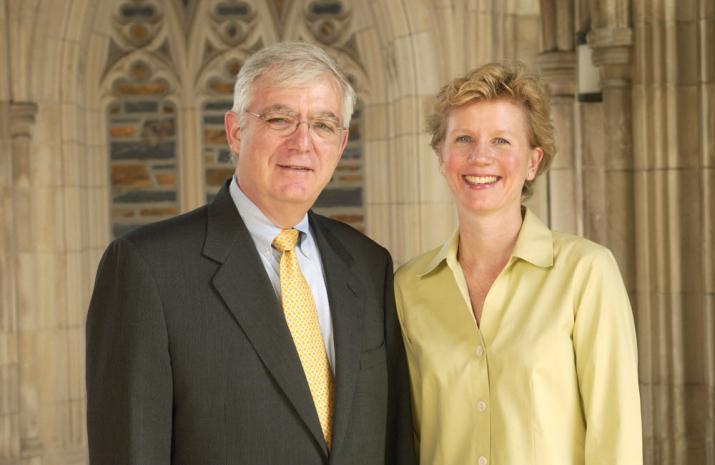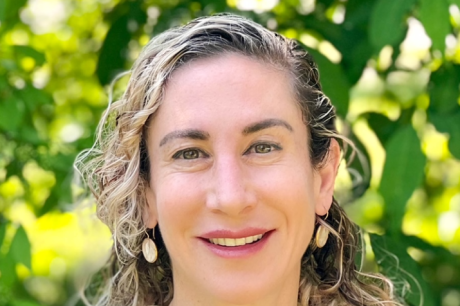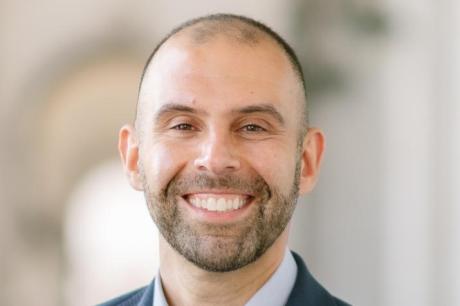
Michael Merson and Kathleen Sikkema have established the Michael H. Merson and Kathleen J. Sikkema Global Health Fellowship Fund.
Published March 29, 2016, last updated on April 20, 2016
Editor’s note: We’re pleased to highlight the second in a series of profiles that highlight qualifying gifts for the Bill & Melinda Gates Foundation Global Health Matching Grant. This dollar-for-dollar match is reserved for gifts that support priority areas for the Duke Global Health Institute: education programs, graduate fellowships, faculty support and international partnerships. Unrestrictive gifts for use at the discretion of the Institute director may also be given.
We recently talked with Duke Global Health Institute (DGHI) director, Michael Merson, and his wife, Kathleen Sikkema, professor of psychology and neuroscience and global health and director of DGHI’s global mental health initiative and doctoral scholars program, to learn more about their commitment to global health and why they established the Michael H. Merson and Kathleen J. Sikkema Global Health Fellowship Fund.
This fund will provide full or partial fellowships to graduate students who are pursuing studies at DGHI, with a preference for master’s degree students from low- and middle-income countries and doctoral students studying global behavioral health or mental health.
DGHI: What inspired your interest in global health?
Michael Merson: During my medical training, I had the opportunity to work in Nepal and northeast Brazil. These early experiences made me realize how much could be done at a relatively low cost to improve the health of poor and underserved populations. I also began to understand the importance of taking into account the social, economic and behavioral determinants of health in formulating prevention programs.
Kathleen Sikkema: When I was a doctoral student in clinical psychology in the 1980s, I began providing HIV/AIDS clinical care and conducting HIV/AIDS prevention research. My first opportunity to work globally was ten years later in Russia, and in 2000, I made my first visit to South Africa.
The health disparities in South Africa, exemplified by the absence of available treatment and significant social and political barriers, was unsettlingly similar to the epidemic in the United States in the late 80s. My work in South Africa has been focused on mental health, primarily trauma and violence, in relation to HIV treatment and prevention. This work led to my current emphasis on global mental health.
DGHI: What motivated you to make this gift?
Merson: I wanted to help students from low- and middle-income countries obtain the Master of Science in Global Health degree at Duke, and I know that the cost of tuition is the main barrier to admission.
Sikkema: And I wanted to enable Duke graduate students to become global health doctoral scholars and pursue their dissertation research on behavioral or mental health problems in these countries.
DGHI: How do you hope your gift will advance DGHI’s mission of preparing the next generation of global health leaders?
Merson & Sikkema: DGHI is a leader in the opportunities it offers for graduate education in global health. Our gift will allow highly qualified students to benefit from these opportunities.
DGHI: Describe your vision for DGHI in the next five to 10 years.
Merson & Sikkema: We’re confident that DGHI will continue to grow, building on the enthusiasm of our students and commitment of our faculty to achieve health equity around the world. New opportunities and challenges will arise in areas such as innovation, health policy and financing, non-communicable diseases (including mental health) and emerging diseases (like Ebola and Zika).


